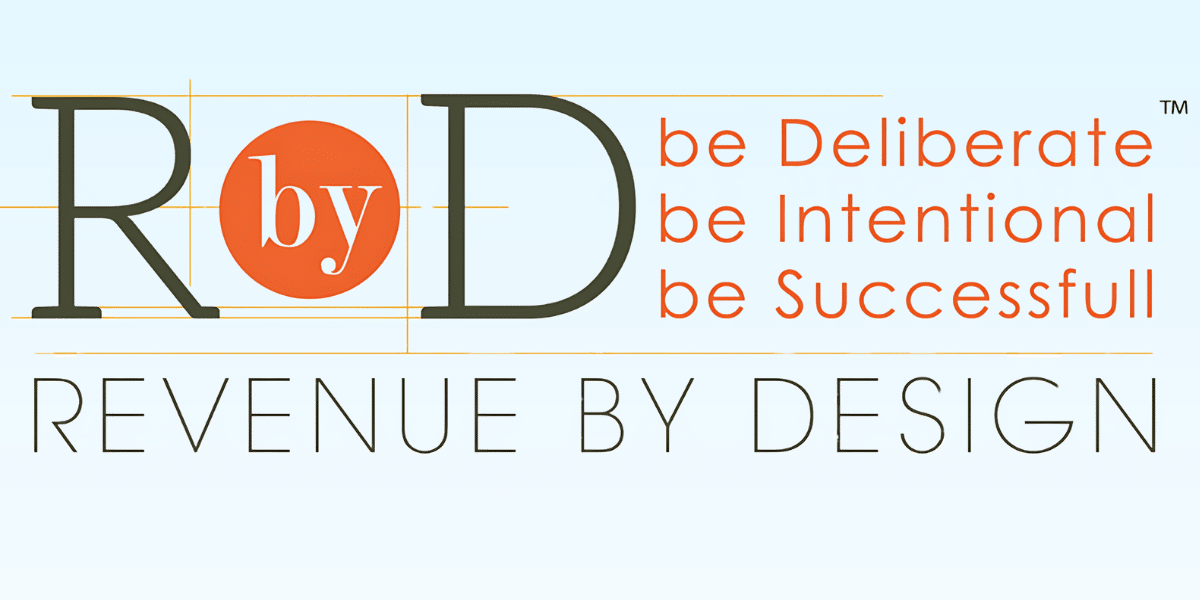In the boardroom, the image of the CEO is often one of power and authority. They’re the captains of the ship, steering the company towards success. But in today’s ever-changing business landscape, a new kind of leader is emerging: the humble CEO. This isn’t about shrinking violets or shrinking from challenges. It’s about recognizing that true leadership isn’t about a big ego, but about the strength that comes from acknowledging your limitations and embracing the power of collaboration.
Here’s why humility is becoming a crucial leadership trait for CEOs:
1. Fostering a Culture of Innovation: Embracing Diverse Ideas
Imagine a company where the CEO dictates every decision and new ideas are met with skepticism. That’s a recipe for stagnation. A humble CEO, on the other hand, understands that the best ideas can come from anywhere within the company. They create a culture of openness and encourage diverse perspectives. A recent Forbes article highlights the importance of diversity of thought, stating that “companies with a strong culture of inclusion outperform their peers by 35% in terms of profitability.”
Humble CEOs actively solicit feedback from employees at all levels. They understand that humility isn’t about weakness; it’s about being open to learning and growing. This creates a space where employees feel comfortable sharing their ideas, no matter how unconventional they might seem. Imagine an engineer on your team with a seemingly crazy idea for a new product. A humble CEO wouldn’t dismiss it out of hand. They would encourage the engineer to develop the idea, fostering an environment where innovation thrives.
2. Building Trust and Transparency: Admitting Mistakes When They Happen
Let’s be honest, everyone makes mistakes. CEOs are no exception. But in the cutthroat world of business, admitting mistakes can be seen as a sign of weakness. A humble CEO, however, understands that owning up to mistakes is a sign of strength and builds trust with employees and stakeholders.
Transparency and humility go hand in hand. A humble CEO is upfront about challenges and setbacks, fostering a sense of shared responsibility within the company. A recent Harvard Business Review article emphasizes the importance of transparency in leadership, stating that “employees who trust their leaders are more engaged, productive, and likely to stay with the company.”
By admitting mistakes and being transparent about challenges, a humble CEO builds trust and strengthens relationships with employees. This creates a more positive and supportive work environment, where everyone feels empowered to learn from their mistakes and move forward. Imagine a product launch that doesn’t go as planned. A humble CEO wouldn’t try to sweep it under the rug. They would acknowledge the misstep, explain what went wrong, and outline the plan for improvement. This transparency fosters trust and demonstrates that the company is willing to learn and adapt.
3. Inspiring and Engaging Employees: Leading by Example
The best leaders don’t just tell their employees what to do; they inspire them to do their best work. A humble CEO leads by example, demonstrating the values they expect from their team. This includes humility itself. When the CEO shows a willingness to learn from others and admit mistakes, it sends a powerful message to everyone in the company. Imagine a CEO who actively participates in brainstorming sessions, listens attentively to employee concerns, and gives credit for successes to the entire team. This kind of humility is contagious. It inspires employees to be more collaborative, engaged, and invested in the company’s success.
The Not-So-Silent Advantage: Why Humility Matters
In a world that often glorifies the alpha leader, humility might seem counterintuitive. But in reality, it’s a powerful leadership trait that can unlock a company’s true potential. Humble CEOs foster innovation, build trust, and inspire their teams. They create a more positive and productive work environment, ultimately leading to a more successful organization. So, the next time you think about leadership, remember: sometimes, the quiet strength of humility is the loudest voice in the room.






